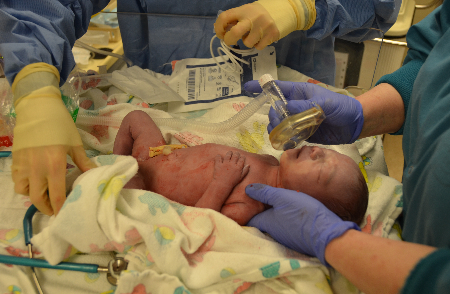Question
What are the risk factors for motor delays?
Answer
Risk Factors for Motor Delays
Let's talk about some of the risk factors for motor delays.
- Medical and birth history
- Neurological problems
- Retained primitive reflexes
- Visual impairment
- Hypotonia (low muscle tone)
- Decreased strength & endurance
- Increased joint flexibility
- Short limbs: arm and/or leg length discrepancy
The first one is medical and birth history. Medical problems might include prematurity, prior hospitalizations, chronic infections, ear problems that will impact balance. Neurological problems can be cerebral palsy and hemiplegia. Retained primitive reflexes, visual impairment, as well as hypotonia, or low muscle tone, are other issues. Some children might have lower muscle tone in different parts of their bodies like in their extremities which might make it difficult for them to prop on their arms or walk. This is commonly seen in children with Down syndrome for example. Decreased strength and endurance, as well as, increased joint flexibility or laxity are also common problems. The ligaments holding the bones together have a lot more slack, and in cases of decreased joint stability, you may see kids with flat feet or dislocations of their shoulders or hips. The other aspect is short limbs or having an arm or a leg length discrepancy.
In Figure 1, we have Baby M who you will see throughout this presentation as she is our case study. She was born prematurely. Her mom went into labor at 29 weeks, and when she was delivered, she had an APGAR score of one out of 10.

Figure 1. Baby M- APGAR 1/10.
As a refresher on APGAR, A is for appearance, P is for pulse or heart rate, G is for grimace, which is reflexes, A is for activity for muscle tone, and R is for respiration, or breathing rate and effort.
